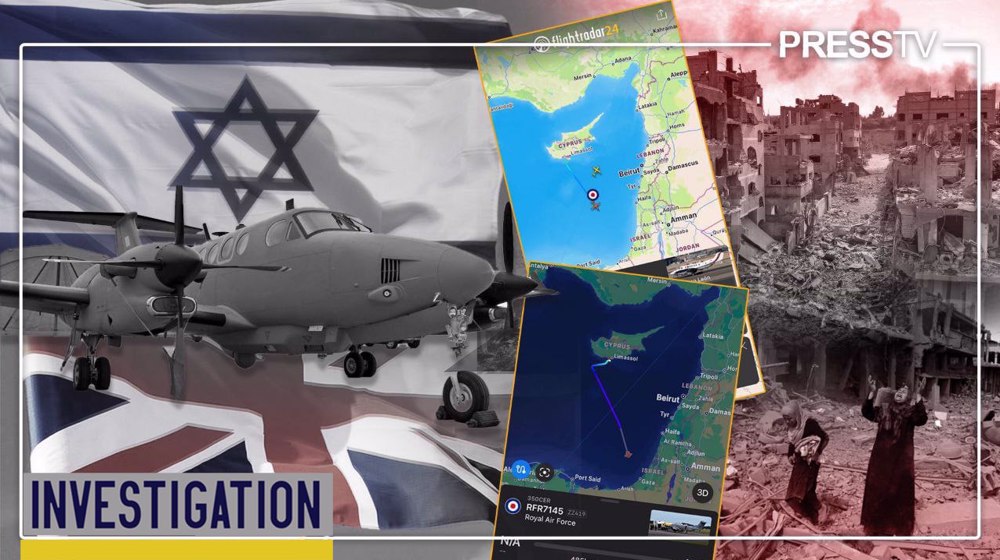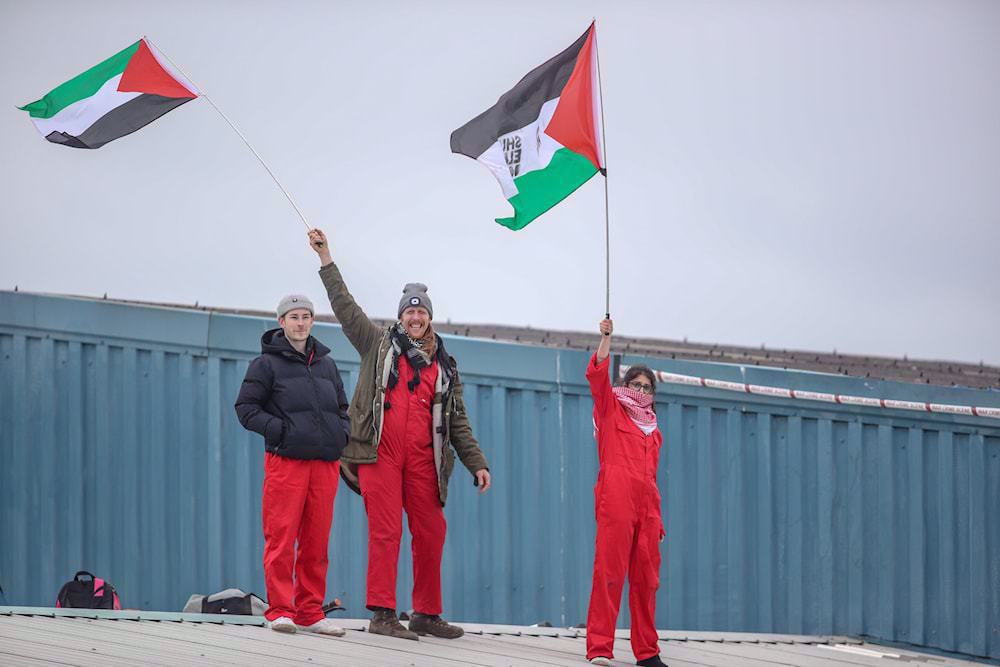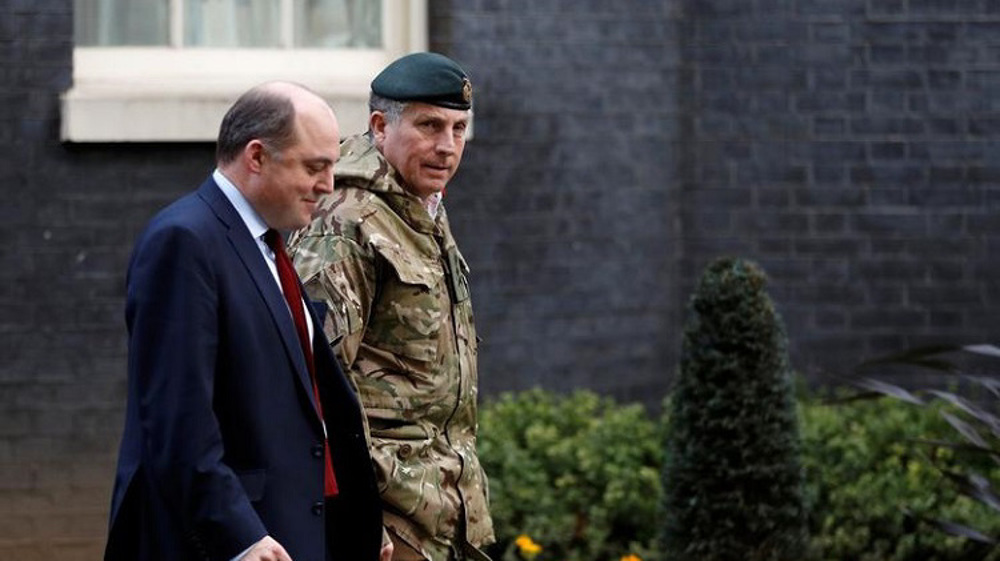UK army chief envisages a more ‘lethal and agile’ force
The head of the British army has claimed that in the near future British soldiers will be operating alongside robots as part of a broader transformation of army capabilities and priorities.
General Mark Carleton-Smith, who has been Chief of the General Staff (CGS - the professional head of the army) since June 2018, has given a rare briefing to the media from Dennison Barracks (Berkshire), the headquarters of the 77th Brigade, the army’s information warfare arm.
According to General Carleton-Smith, “human-machine” teaming should be “commonplace” in the army by 2025.
The head of the army strongly hinted at a shift in priorities to embrace more “special operations” and “intelligence capability”.
In addition, Carleton-Smith identified “counter-intelligence”, “information operations” and “unconventional warfare” as high on the priorities list in the army’s imminent structural and operational transformation.
The CGS told the media that the army must be “fit for the demands of the digital age: more lethal, more agile”.
General Carleton-Smith’s rare engagement of the media comes on the heels of similar actions by the heads of different branches of the British military.
Only four days ago the commander of Strategic Command, General Patrick Sanders, boasted of the UK’s advancing offensive capabilities in the cyber warfare domain.
And earlier this month, the head of British military intelligence, Lieutenant-General Jim Hockenhull, called on the government to direct more funding toward emerging specialist areas, such as “artificial intelligence”, “machine learning” and “ground-breaking technologies”.
This intensive engagement of the media – and by extension the wider public - by the heads of the British military – comes ahead of the government’s much-anticipated integrated defense, foreign and security policy review, which is expected to be published in November.
American warplane downed after Yemeni attacks 'baffled' US air defense: Ansarullah
VIDEO | Yemenis praise the military for its successful operations against Israel
VIDEO | Israel continues to bomb Gaza homes
VIDEO | An insider's view of the country: Meybod City in Yazd
‘All wars have rules. All of those rules have been broken’ by Israel
VIDEO | Report flags India’s violation of rights of Rohingya detainees
Turkey's foreign minister meets Syria's de facto leader in Damascus
VIDEO | US Syria plots













 This makes it easy to access the Press TV website
This makes it easy to access the Press TV website